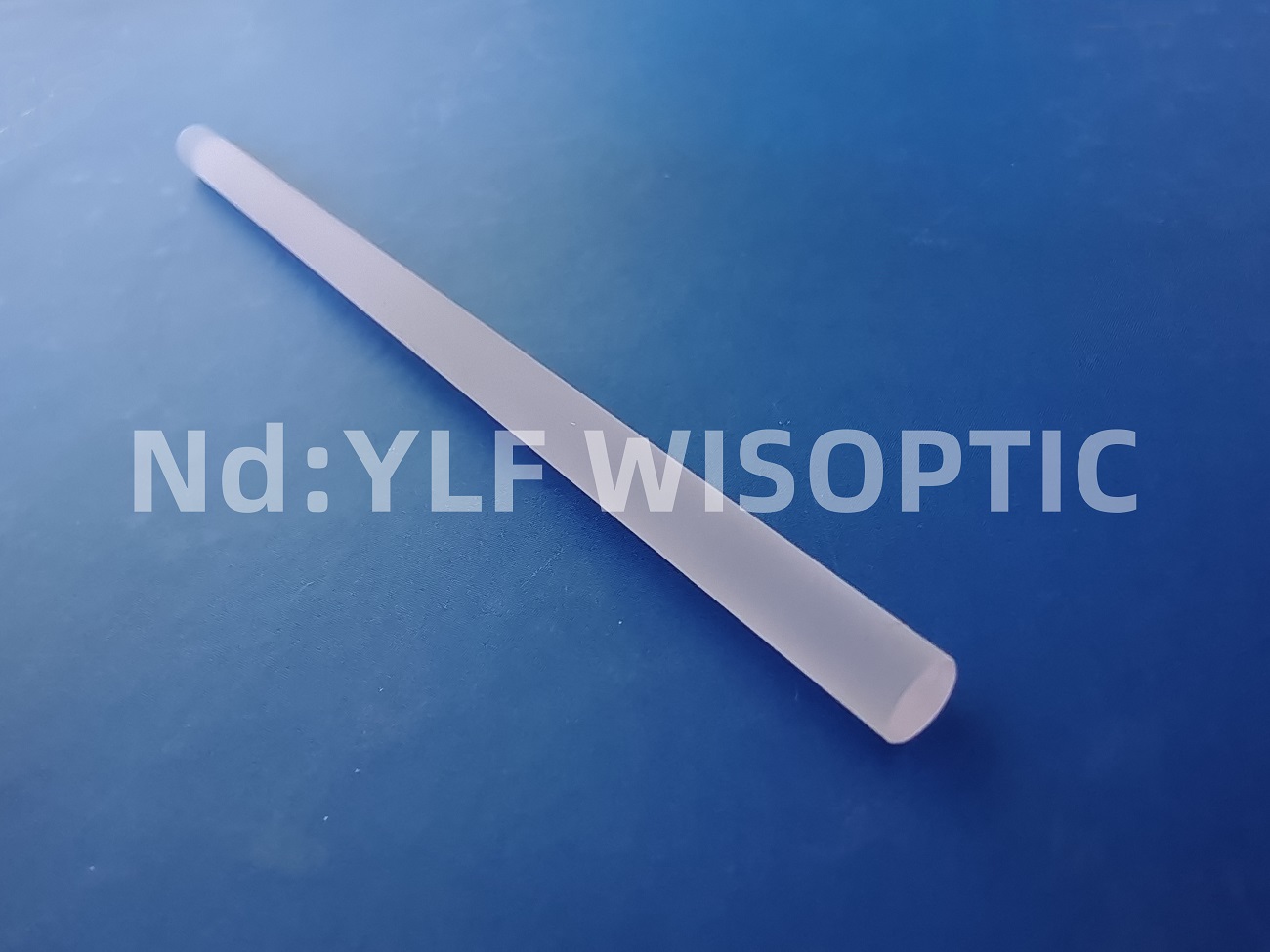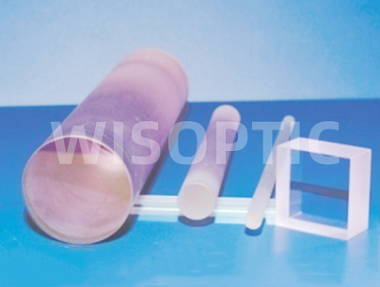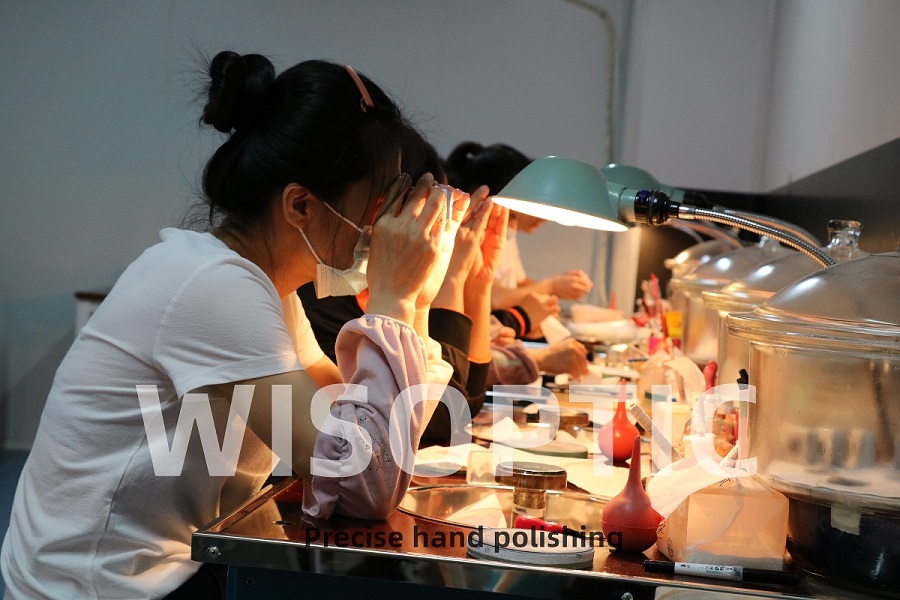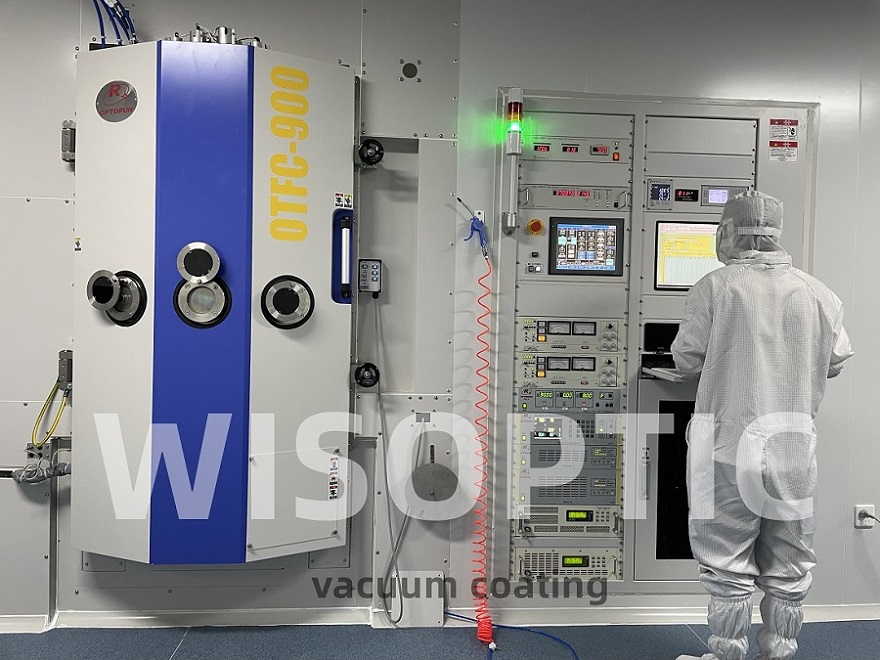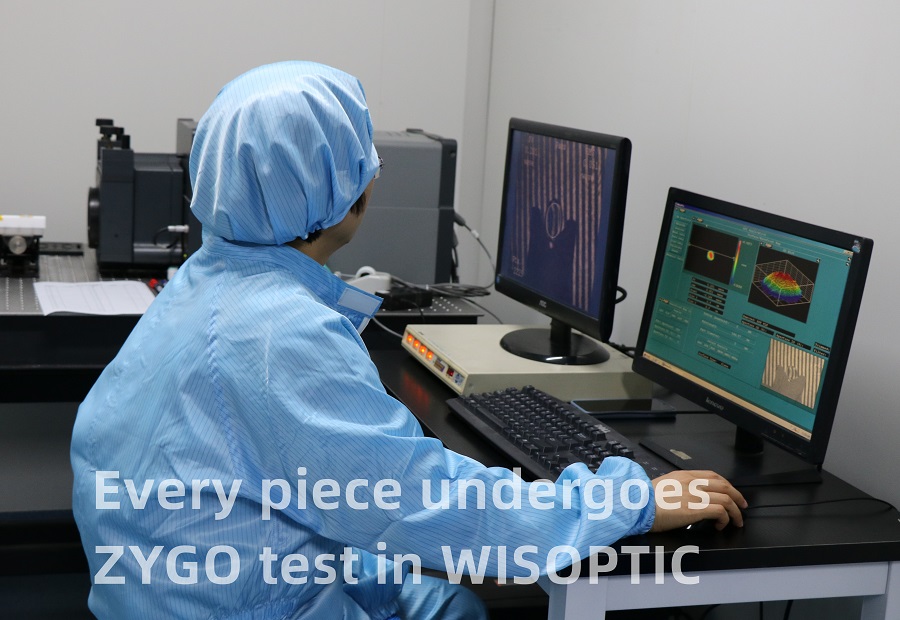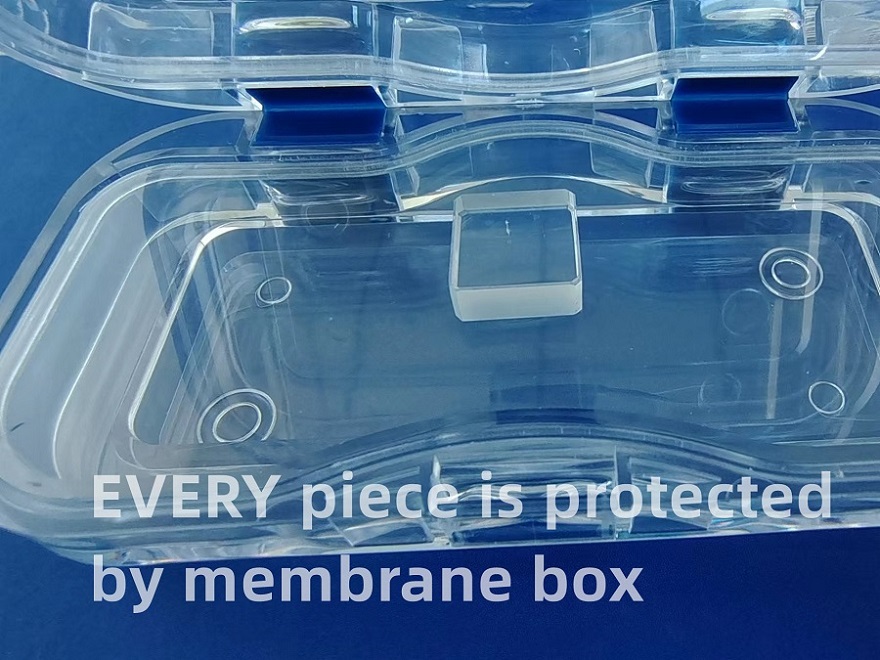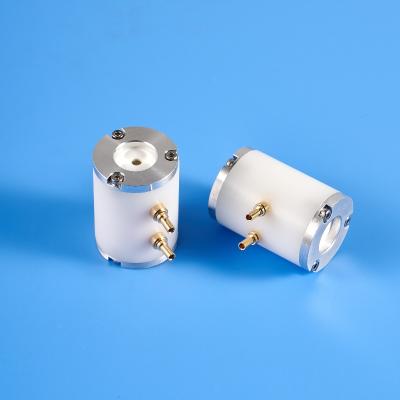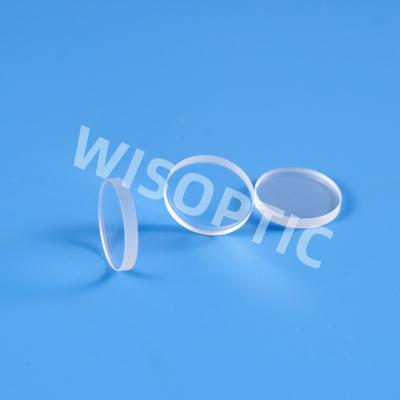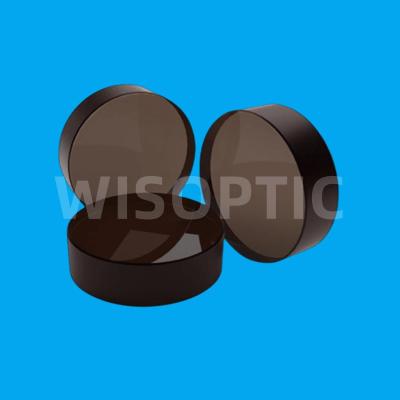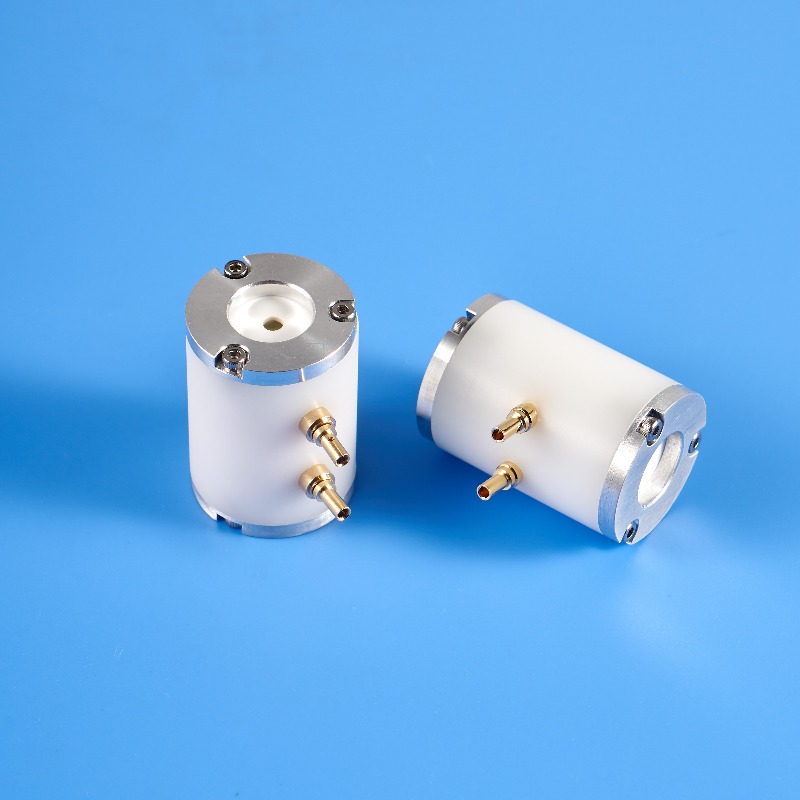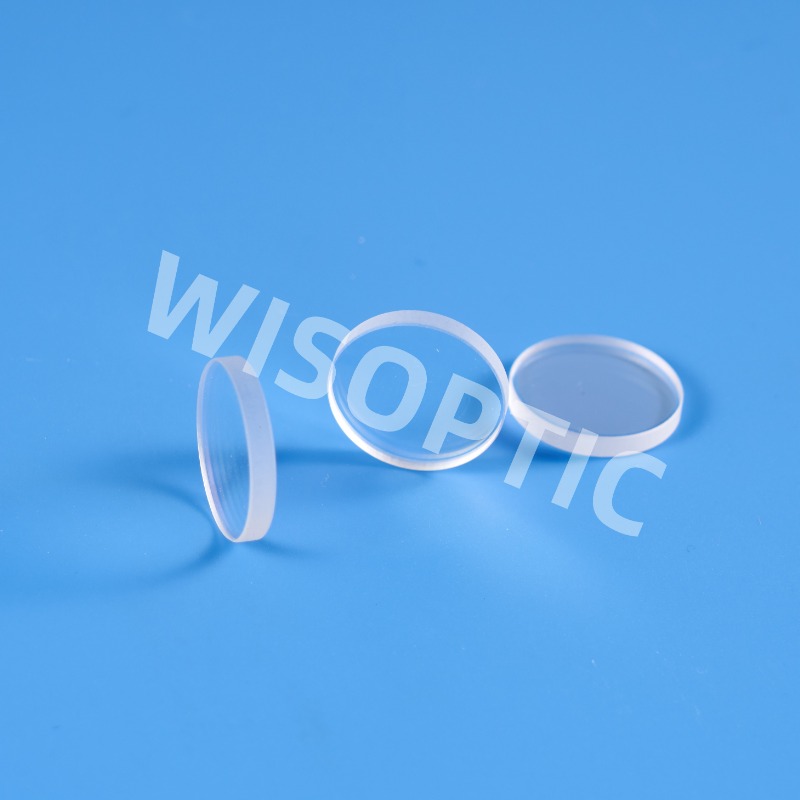Nd:YLF Crystal
WISOPTIC Advantages - Nd:YLF
• Excellent internal quality
• Numerous options in size and doping level
• Precise orientation (deviation < 1°)
• Top quality of surface polishing
• Competitive price
• Mass production, quick delivery
Nd: YLF (Nd:LiYF4) is a laser
material that acts as an alternative to Nd:YAG. It is very suitable for working in mode-locked state to make pulse lasers at wavelength 1053nm, 1047nm, 1313nm, 1324nm and 1370 nm. Nd:YLF has very small thermal lens effect (much smaller than YAG crystal), wide fluorescent line, and can generate linear-polarized beam. The relatively small stimulated emission cross section of Nd:YLF makes it suitable for continuous work with low threshold. Therefore the main advantage of
Nd:YLF over Nd:YAG is a higher pulse energy at a low (<2 kHz)
repetition rate. Nd:YLF crystal has important applications in inertial confinement laser fusion research projects.
WISOPTIC use high-purity raw materials, chemical reaction atmosphere and special equipment to grow high-quality Nd:YLF crystals, and provide Nd:YLF crystals selected to have low inhomogeneity over the whole aperture. Crystals with a diameter of 10 mm, length of 120 mm and inhomogeneity of 0.1-0.3×10-5 are available.
Main advantages of Nd:YLF over Nd:YAG
When repetition rate is low (less than few kilohertz), Nd:YLF is more suitable to get higher pulse energy than Nd:YAG. Nd:YLF has lower thermal conductivity, but still exhibits lesser thermal distortions.
Main disadvantages of Nd:YLF over Nd:YAG
However, main disadvantages over Nd:YAG is that Nd:YLF is much more soft and brittle and it is a little bit sensitive to water.
WISOPTIC Standard Specifications - Nd:YLF
Orientation | [100] or [001] (deviation < 1°) |
Dopant concentration | 0.4~1.2 mol % |
Sizes | Diameter: 2~10 mm; Length: 1.0~150 mm |
Dimension tolerance | Diameter: +0.00/-0.05 mm; Thickness: +/- 0.5 mm |
Flatness | < λ/8 @ 632.8 nm |
Surface Quality | < 10/5 [S/D] |
Parallelism | < 10” |
Perpendicularity | ≤ 5' |
Transmitted Wavefront Distortion | < λ/4 @ 632.8 nm |
Chamfer | < 0.15 mm × 45° |
Coating | AR coating: R<0.2% @ 1047nm/1053nm |
Laser Damage Threshold | 500 MW/cm2 for 10ns, 10Hz pulse (AR-coated) |

